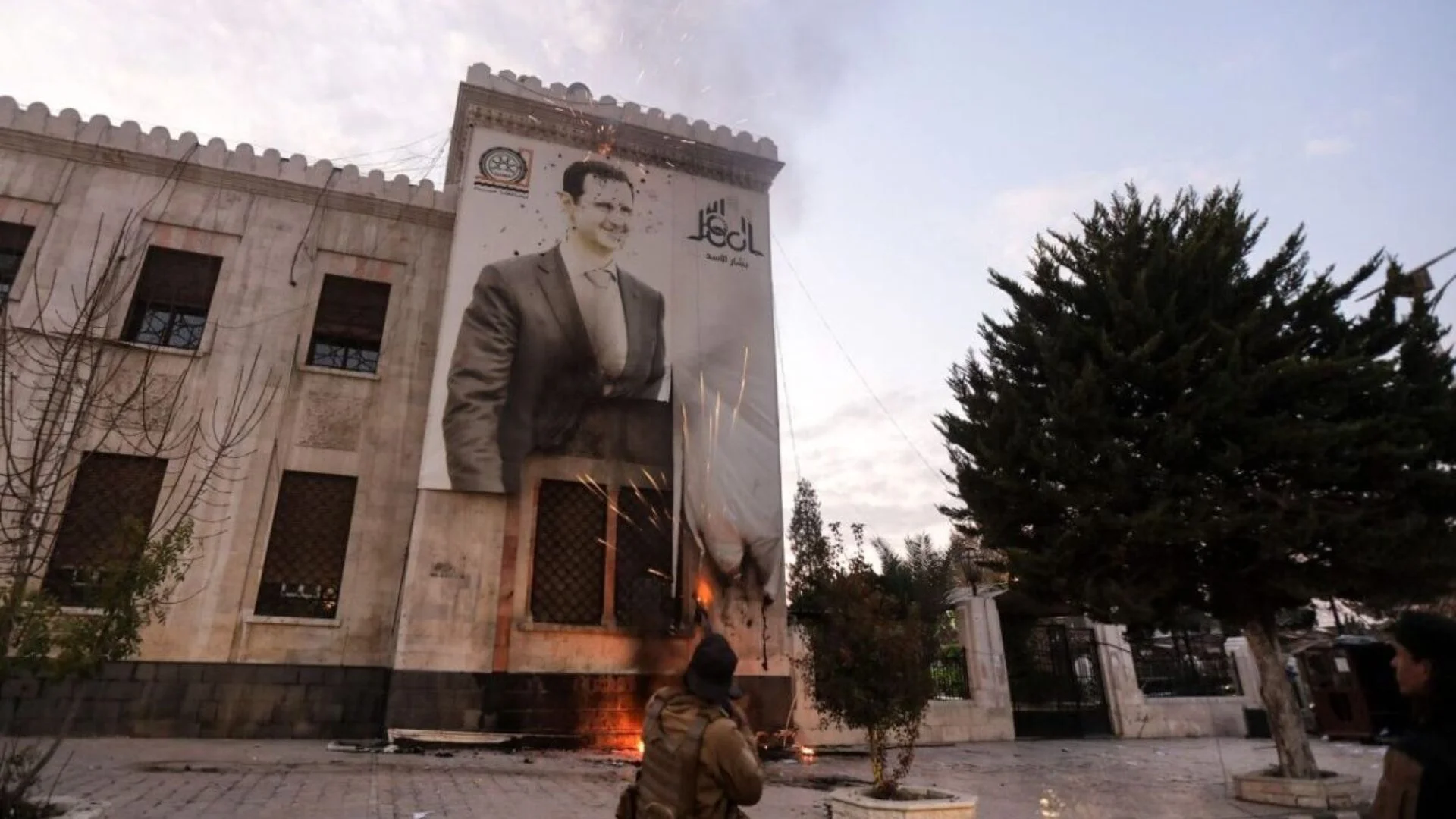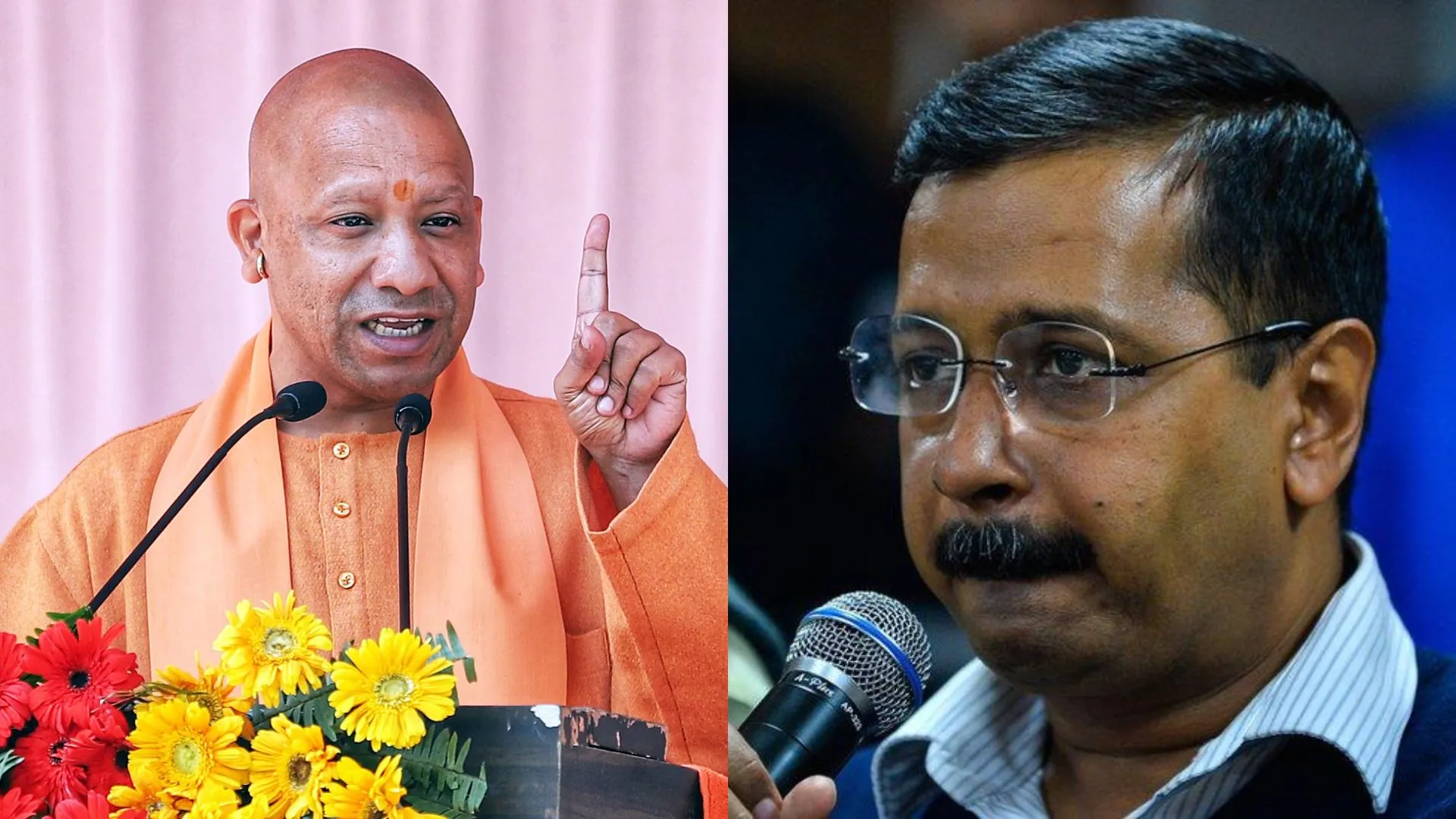As the Syrian conflict reaches a new turning point, the announcement of President Bashar al-Assad’s departure has drawn reactions from around the world. Following a rapid offensive by rebel forces, Syria’s army command notified officers on Sunday that Assad’s 24-year authoritarian regime has come to an end, surprising many on the global stage.
Joe Biden:
The White House has been closely monitoring the unfolding situation, with President Biden and his team maintaining constant communication with regional partners. US has expressed concern over the situation’s rapid escalation.
Donald Trump:
US President-elect Donald Trump took to social media to weigh in on the situation, claiming that Assad has fled the country and that his key backers, Russia and Iran, were no longer interested in protecting him. Trump pointed to the ongoing challenges faced by Russia due to its involvement in Ukraine, as well as Iran’s difficulties amid the Israel-Hamas conflict, as factors weakening their support for Assad.
Italy’s Foreign Minister:
Italian Foreign Minister Antonio Tajani expressed his concern over the events in Syria. He confirmed that he had been in constant contact with the Italian embassy in Damascus and had called for an emergency meeting at the Foreign Ministry to assess the situation further.
Geir Pedersen, UN Envoy To Syria:
Geir Pedersen, the United Nations Special Envoy to Syria, stressed the importance of finding a political resolution to the crisis. He emphasized the need for an inclusive process that would bring stability and unity to Syria, allowing the country to restore sovereignty and heal the wounds inflicted by years of conflict.
Israel:
Amichai Chikli, Israel’s Diaspora Affairs Minister, expressed concern over the rebel advances in Syria, stating that they are far from a cause for celebration. He called for Israel to assert its control over the Golan Heights and renew its defensive positions, citing the growing influence of al-Qaeda and ISIS in the region.
Yemen’s View:
Yemen’s Information Minister, Moammar al-Eryani, commented on the regional implications, drawing parallels between the Syrian situation and Yemen’s ongoing struggles against Iran-backed Houthi rebels. He declared that Iran’s expansionist ambitions, which use sectarian militias, were collapsing in Syria and Lebanon, further weakening Tehran’s influence.
UAE’s Diplomatic Adviser:
Anwar Gargash, diplomatic adviser to the president of the United Arab Emirates, warned that non-state actors should not be allowed to exploit the political vacuum in Syria. He described the situation as a result of political failure and the destructive nature of ongoing conflict, which has destabilized the region.
The world’s responses reflect the broader implications of Assad’s downfall, with global leaders calling for political solutions to restore peace and security in the region. The situation in Syria remains volatile, with continuing questions about what comes next for the country and its future.























